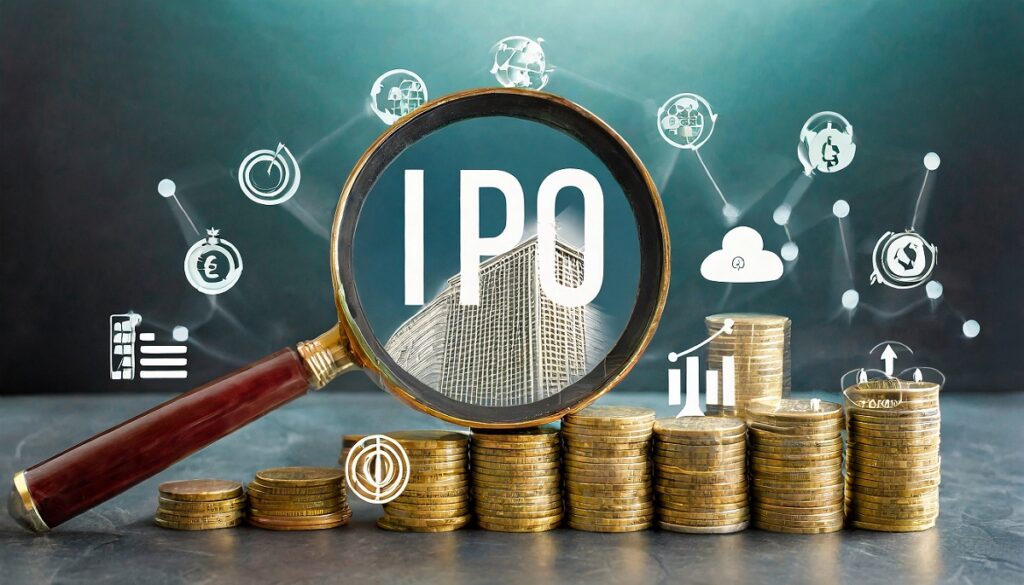What is Dividend in Share Market?
Dividends, in the realm of the share market, represent a portion of a company’s earnings, which is decided by the board of directors and distributed to its shareholders. This distribution is usually in the form of money, but can also be in the form of additional shares or other property. As a token of gratitude and an incentive to invest, dividends act as a bridge connecting company performance to investor rewards.
Table of Contents
The Historical Evolution of Dividends
The concept of dividends has its roots in ancient times. Many early businesses, even before formal share markets emerged, had the practice of sharing profits with stakeholders. As business practices evolved and formalized, dividends became an essential aspect of the modern financial world.
Dividend Types: Cash and Stocks
When dividends are distributed, they predominantly take two forms: cash or additional shares of the company. Cash dividends are direct monetary benefits received by shareholders, whereas stock dividends mean receiving additional shares proportional to the current holdings.
How Companies Decide Dividends
The declaration of dividends is no random act. It’s a strategic decision made by the company’s board of directors, based on its financial health, future investment plans, and other relevant factors.

Dividends and Shareholder Expectations
For many shareholders, dividends are a significant source of income. Thus, regular and consistent dividends often set the tone for shareholder trust and can influence investment decisions.
Dividends Impact on Stock Prices
Once dividends are announced, there’s a ripple effect on stock prices. Generally, after a dividend declaration, a company’s stock price adjusts, often decreasing by roughly the dividend’s amount.
Reinvesting Dividends: The Power of Compounding
The beauty of dividends lies not just in the immediate monetary reward but also in their potential when reinvested. Over time, reinvesting dividends can lead to compounding benefits, magnifying returns for the shareholder.
Dividends: A Reflection of Company Health
Though not an exclusive indicator, regular dividend payouts often mirror a company’s financial health and profitability. Companies that consistently pay dividends are often perceived as stable and profitable.
Key Benefits of Dividends for Investors
Steady Income Stream
One of the most obvious benefits, dividends provide shareholders with a steady source of income, apart from potential capital gains from stock appreciation.
Hedge Against Market Volatility
In tumultuous market conditions, dividends can act as a cushion, providing consistent returns even when stock prices waver.
A Litmus Test for Company Performance
Consistent dividend payouts can act as a barometer for a company’s performance, indicating stability and profitability.
Dividend Traps: A Word of Caution
Just as dividends have their advantages, it’s crucial to be wary of ‘dividend traps’. These are situations where a company might offer high dividends to lure investors, but in reality, they may be facing financial troubles.
FAQs
How often are dividends paid?
Dividends can be paid at various intervals, but the most common are quarterly, semi-annually, or annually. The frequency is typically decided by the company’s board and is often mentioned in their dividend policy.
Are dividends guaranteed?
No, dividends are not guaranteed. They depend on the company’s profitability, cash reserves, and future investment strategies. While some companies have a history of consistent payouts, there’s always a potential risk.
Can dividends be negative?
Dividends can never be negative. However, a company can decide not to pay dividends or reduce the amount if facing financial constraints.
Is there a tax on dividends?
Yes, dividends are usually subject to taxation. The tax rate can vary based on the country’s regulations and the individual’s income bracket.
Do all companies pay dividends?
Not all companies pay dividends. Some might reinvest their profits back into the business, while others might be in a growth phase and prefer to utilize funds elsewhere.
How do dividends affect stock prices?
When a dividend is announced, a company’s stock price typically adjusts to factor in the payout. Often, the stock price drops approximately by the dividend amount on the ex-dividend date.
Conclusion
Dividends in the share market are more than just monetary payouts. They symbolize a company’s health, its commitment to shareholders, and provide investors with insights into future potentials. By understanding the role of dividends, investors can make informed decisions, optimize returns, and navigate the financial waters with added confidence.



